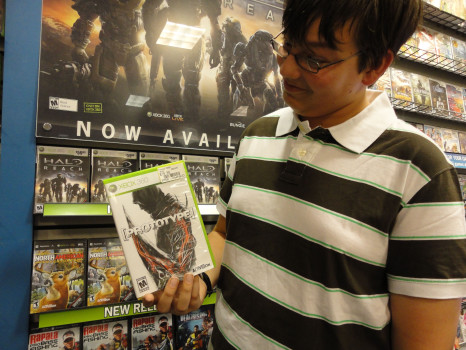Next month, the Supreme Court will hear arguments about a proposed California law that would ban the sale or rental of all violent video games to minors. It might seem a bit silly to take something like video games to the Supreme Court, but the topic has become a very real issue. The state of California appealed after the law was deemed unconstitutional in federal court, and many other states have submitted arguments for or against the law. Minnesota has entered on California’s side, despite the fact that a similar law in this state was also thrown out as unconstitutional. If the court upholds the law, there’s a high chance that such a law will be implemented here as well.
You may wonder what exactly is so contentious about preventing minors from buying violent games themselves. Doesn’t the video game rating system already do this with its “M” rating, like an “R” rating for a movie? Not exactly. The problem with this law is that it doesn’t extend the same freedom of expression to video games that other laws do to books, movies, and music. Whereas the ESRB, responsible for rating games, is currently a self-regulatory organization just like the MPAA (which rates movies), this law would put regulation of video games under government control, limiting what many see as a First Amendment right. Retailers would be fined for selling “excessively violent” games (a term which has yet to be explicitly defined) to anyone under 18 rather than the current standard of 17, a penalty not applied to movie theaters.
Supporters of the law claim that the interactivity of a game influences players significantly more than a movie could, but this has not been definitively proven. Even if this were true, the potential harm that violent content could cause is not a legitimate reason to limit freedom of expression, in any medium. Perhaps more important than high-minded appeals to freedom of speech is a consideration of who should be taking responsibility for choosing what content we should or should not be allowed to access. That responsibility should lie with parents who can best judge what is right for their kids, and the players themselves who can decide what they want to experience.































